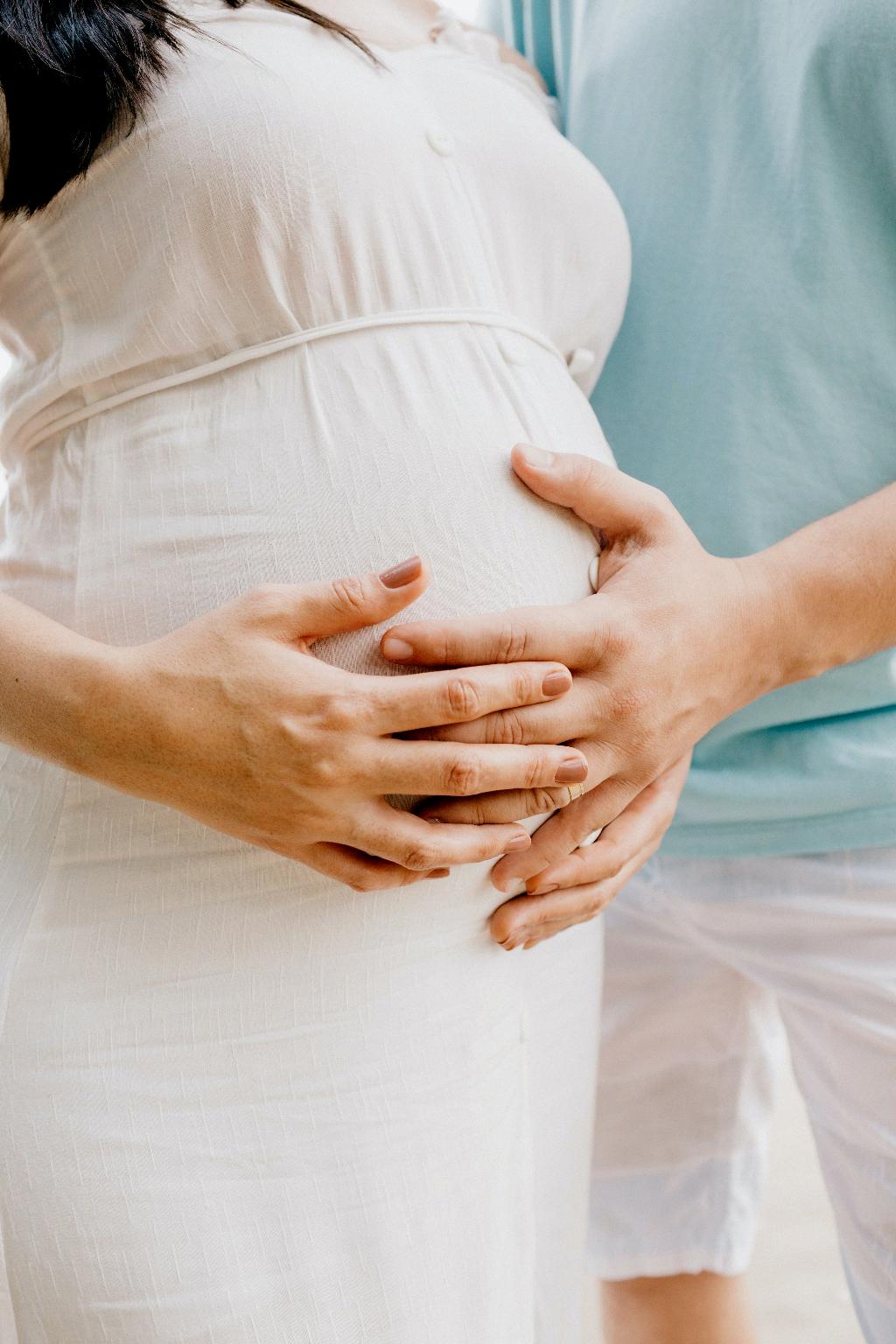One of the most common queries among those trying to conceive or those who suspect they might be pregnant is whether a pregnancy test would yield a positive result just 11 days after conception. Let’s delve into this topic further to gain a better understanding.
The Science Behind Pregnancy Tests
Pregnancy tests work by measuring the levels of human chorionic gonadotropin (HCG) in your urine. HCG is a hormone produced by the placenta after a fertilized egg attaches itself to the uterine lining, which typically happens about six to twelve days post-conception.
Timing is Crucial
While some sensitive pregnancy tests claim to detect HCG in urine as early as 10 days post-conception, it is recommended to wait until after you have missed your period to increase the accuracy of the result. Missing your period usually occurs around 14 days post-conception, making it a more reliable time to take a test.
Factors Affecting Test Accuracy
Several factors can influence the accuracy of a pregnancy test, including the sensitivity of the test, the timing of the test, and individual variations in HCG levels. It’s essential to follow the instructions provided with the specific test you are using to obtain the most precise results.
False Negative Results
Testing too early, especially before missing your period, can result in a false negative result due to low HCG levels that are not yet detectable. It is advisable to wait until after you have missed your period to minimize the chances of receiving a false negative.
The Importance of Patience
While the urge to take a pregnancy test immediately after conception may be strong, exercising patience and waiting until after you have missed your period can provide more reliable results and prevent unnecessary stress or confusion.
Seeking Confirmation
If you receive a negative result on a pregnancy test taken 11 days after conception but still suspect you may be pregnant, it is recommended to wait a few more days and retest. Consulting with a healthcare provider for confirmation through a blood test can also provide more accurate results.
Understanding HCG Levels
HCG levels generally double every 48 to 72 hours in early pregnancy. Testing too early may result in low HCG levels that are not yet detectable by urine tests. Waiting until HCG levels have had time to rise can increase the accuracy of the test.
Consider Other Symptoms
In addition to taking a pregnancy test, paying attention to other early signs of pregnancy such as nausea, breast tenderness, fatigue, and frequent urination can help confirm your suspicions and provide further insight into your potential pregnancy status.
Consulting a Healthcare Provider
If you are experiencing symptoms of pregnancy or have concerns about the accuracy of a home pregnancy test, scheduling an appointment with a healthcare provider can offer professional guidance, further testing, and support throughout your journey to conception.
Stress and Emotional Well-Being
The anticipation and uncertainty surrounding pregnancy test results can be stressful. It is essential to prioritize self-care, manage stress levels, and seek support from loved ones or healthcare professionals to navigate this emotional time with peace of mind.
Final Thoughts
In conclusion, while some pregnancy tests claim to detect HCG as early as 10 days post-conception, waiting until after you have missed your period can significantly increase the accuracy of the results. Patience, following instructions carefully, and seeking professional guidance when needed can help you navigate the early stages of pregnancy testing with confidence and clarity.

